MRI Services
Magnetic resonance imaging (MRI) produces images of delicate structures, like organs and soft tissue, using radio waves and a large magnet. You receive the highest level of care for your scan. We use the most advanced equipment, leading to clear images and an accurate diagnosis.
BJC HealthCare works with Washington University physicians, BJC Medical Group, and providers across the region to deliver extraordinary care. We have one of the largest magnetic resonance imaging departments in the region. Our depth of experience from performing a high volume of scans leads to results you and your doctors can trust.
Highlights of our program include:
Expertise: We have a large team of MRI specialists. You benefit from board-certified radiologists with expertise in specific body areas, like the breasts, lungs and musculoskeletal system. Our team also includes radiology technologists who carry out scans exactly as ordered.
National recognition: Many of our locations maintain accreditation from the American College of Radiology® for magnetic resonance imaging. This distinction recognizes our well-qualified team and high standards for safe, reliable scans.
Comfort: MRIs typically involve lying still in an enclosed space. If you have claustrophobia or obesity, we take extra steps to ensure your comfort. Some BJC locations offer large bore and open MRI scanners that are less confining than traditional units. You can also request medications that help you relax.
Pediatric magnetic resonance imaging: We take extra steps to help children have a comfortable experience. Sedation services are available from pediatric anesthesiologists for young children. And radiologists specializing in children’s imaging interpret the results. Find out more about pediatric imaging services at St. Louis Children’s Hospital.
BJC is a connected network of specialists offering advanced capabilities and a seamless patient experience. After receiving a physician referral, call (314) 362-9355 or (800) 392-0936 to schedule an appointment, and we’ll take care of the details.
This imaging study uses a powerful magnet, radiofrequency pulses and special software to create images of internal structures. It offers more detail than X-rays and CT scans, making it especially useful for assessing tissue behind your bones. In some cases, an MRI with contrast is necessary. It involves a special dye that makes it easier to view the details of certain organs.
We have 3 Tesla (3T) magnetic resonance imaging units offering twice the power and significantly better image resolution than older models. This enhanced technology enables us to detect subtle differences between healthy and diseased tissue.
The magnetic resonance imaging unit is a large metal tube with a padded table that slides into it. As the scan starts, you may hear a thumping or humming sound. Having this type of noise close to your head can be worrisome, but you are not in any danger. Hearing protection is available, and you are welcome to bring music to help you feel more at ease.
Here is additional information about what to expect:
Clothing and accessories: Metal items like zippers, jewelry, watches, hearing aids and belt buckles are not allowed near MRI units. Please leave these items at home.
Food and medications: Eat and take medication as you usually would unless we tell you otherwise.
MRIs for children: Dress your child in comfortable clothing without zippers or snaps. Bring a favorite soft toy or blanket to provide comfort during your child’s MRI.
Billing: You will receive two bills. One is from the facility, and the other is for the radiologist who reads the results. Check with your insurance for specific billing charges to expect.
Your care team may order an MRI when we can’t pinpoint a cause for your symptoms using other imaging tests. Conditions we assess with magnetic resonance imaging include:
MRIs help us detect and monitor conditions such as multiple sclerosis, stroke, hydrocephalus or spinal cord injuries.
You may benefit from an MRI if doctors need to confirm or rule out cartilage injuries, a slipped disc in your back or a torn ligament.
We use MRI to assess heart structures and function. It can help us pinpoint the cause of chest pain or unexplained fainting.
An MRI helps us detect issues in your digestive tract, including inflammation, obstructions, blood clots, organ damage and gallstones.
An MRI helps us determine which internal structures are affected and how severe an injury is if you experience a bad fall, collision or other trauma.
MRI helps detect growths in the brain, spinal cord, breast, cervix, bladder and other body parts. It shows how deep into the tissue a tumor has grown.
MRI helps determine whether atypical blood vessel formations are cosmetic concerns or something requiring treatment.
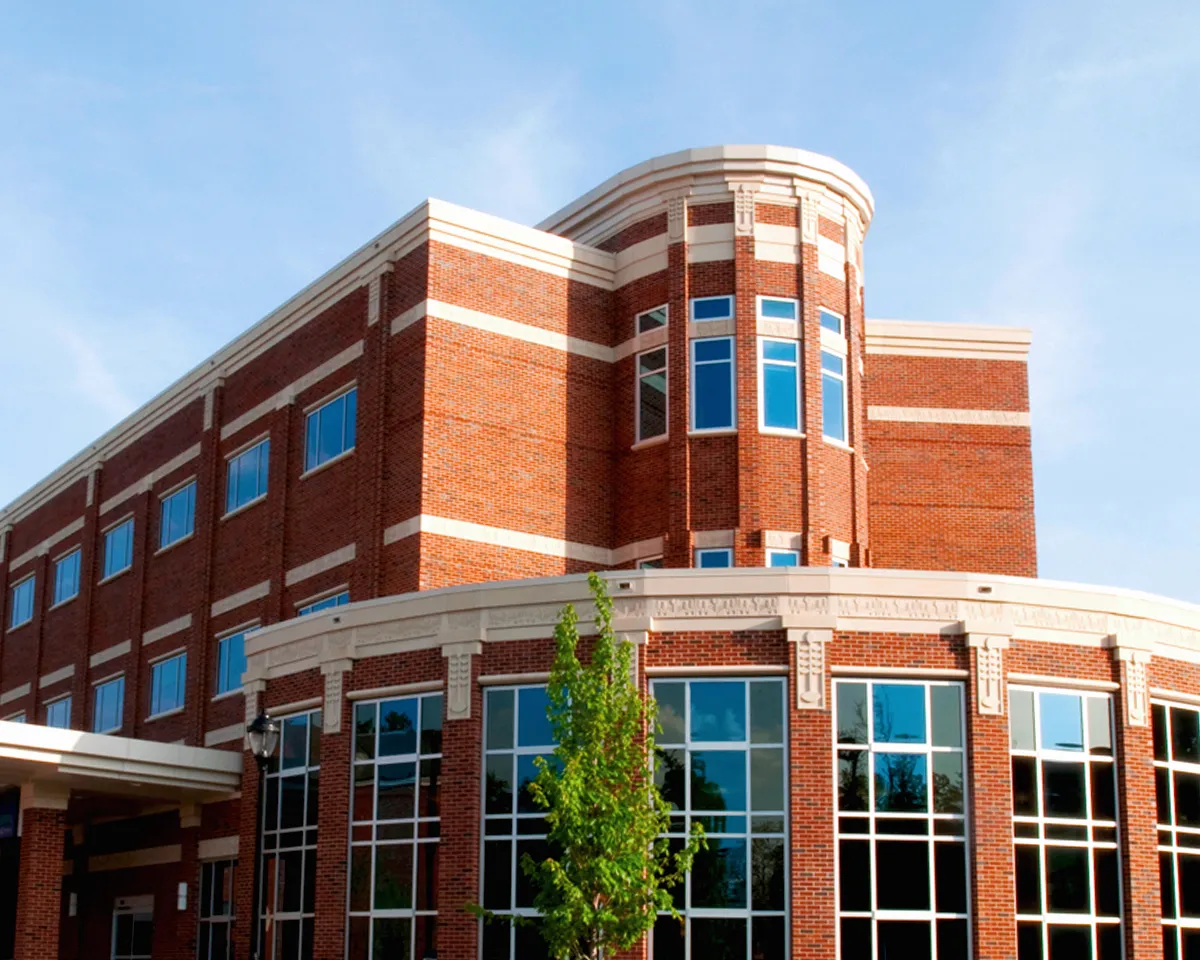 Alton Memorial Hospital
Alton Memorial Hospital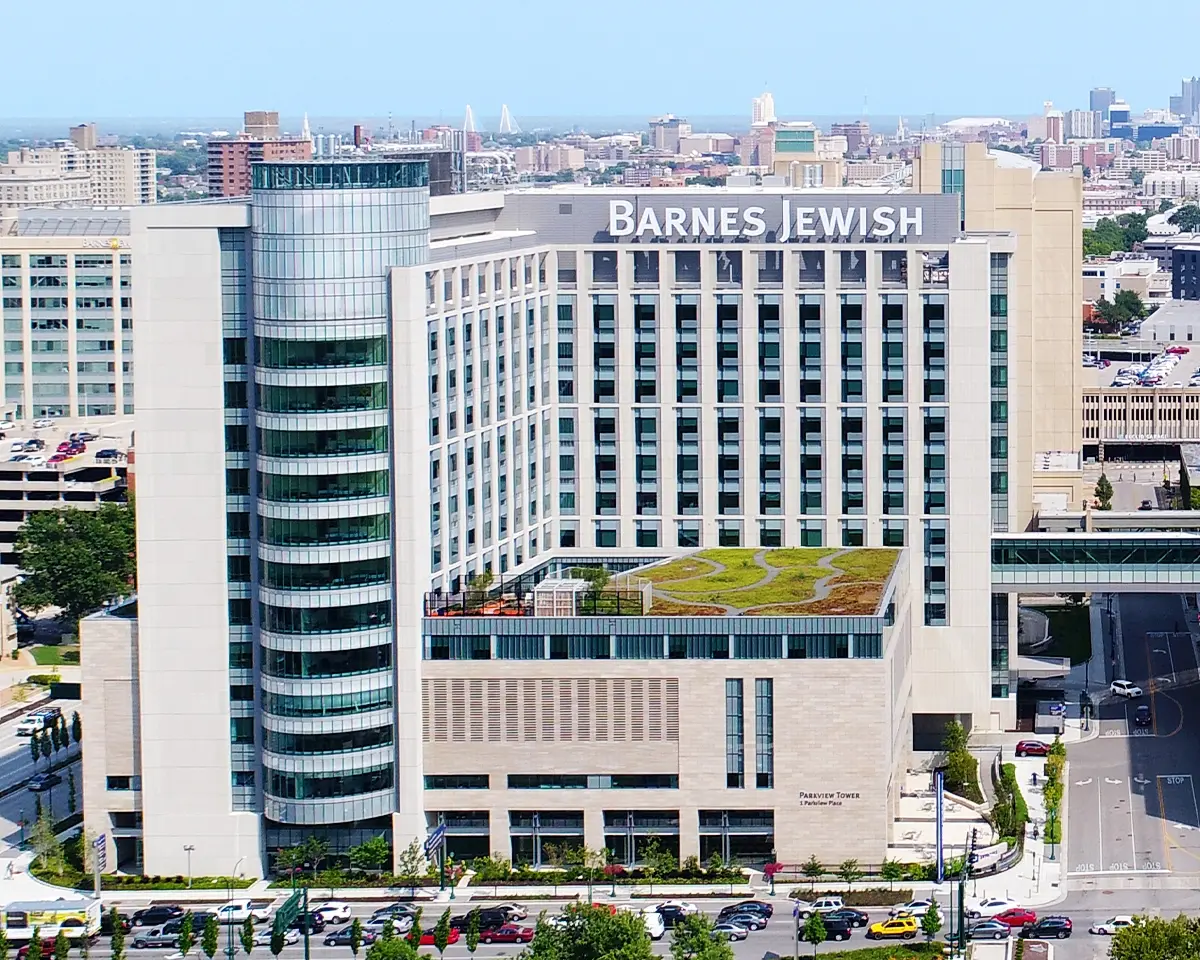 Barnes-Jewish Hospital
Barnes-Jewish Hospital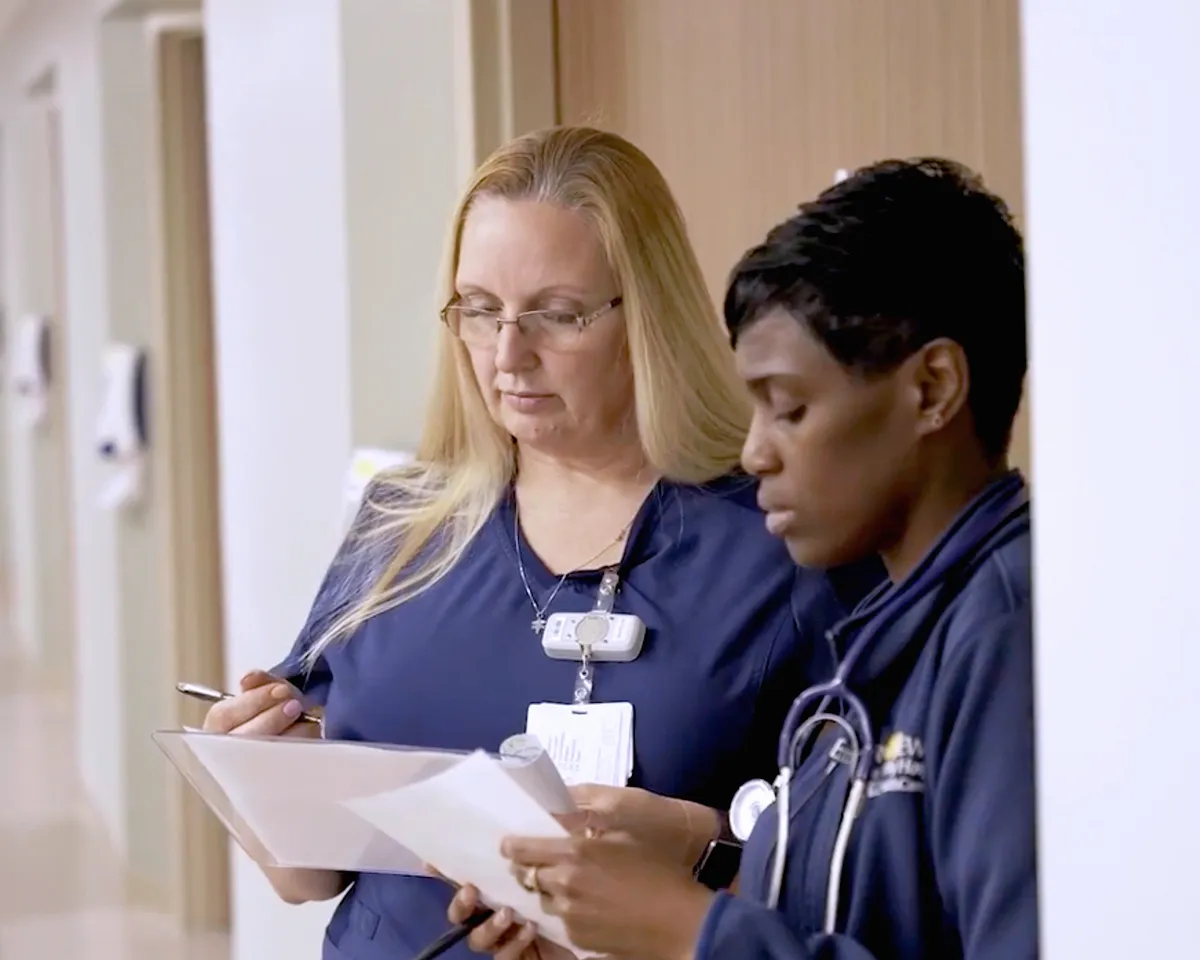 Barnes-Jewish St. Peters Hospital
Barnes-Jewish St. Peters Hospital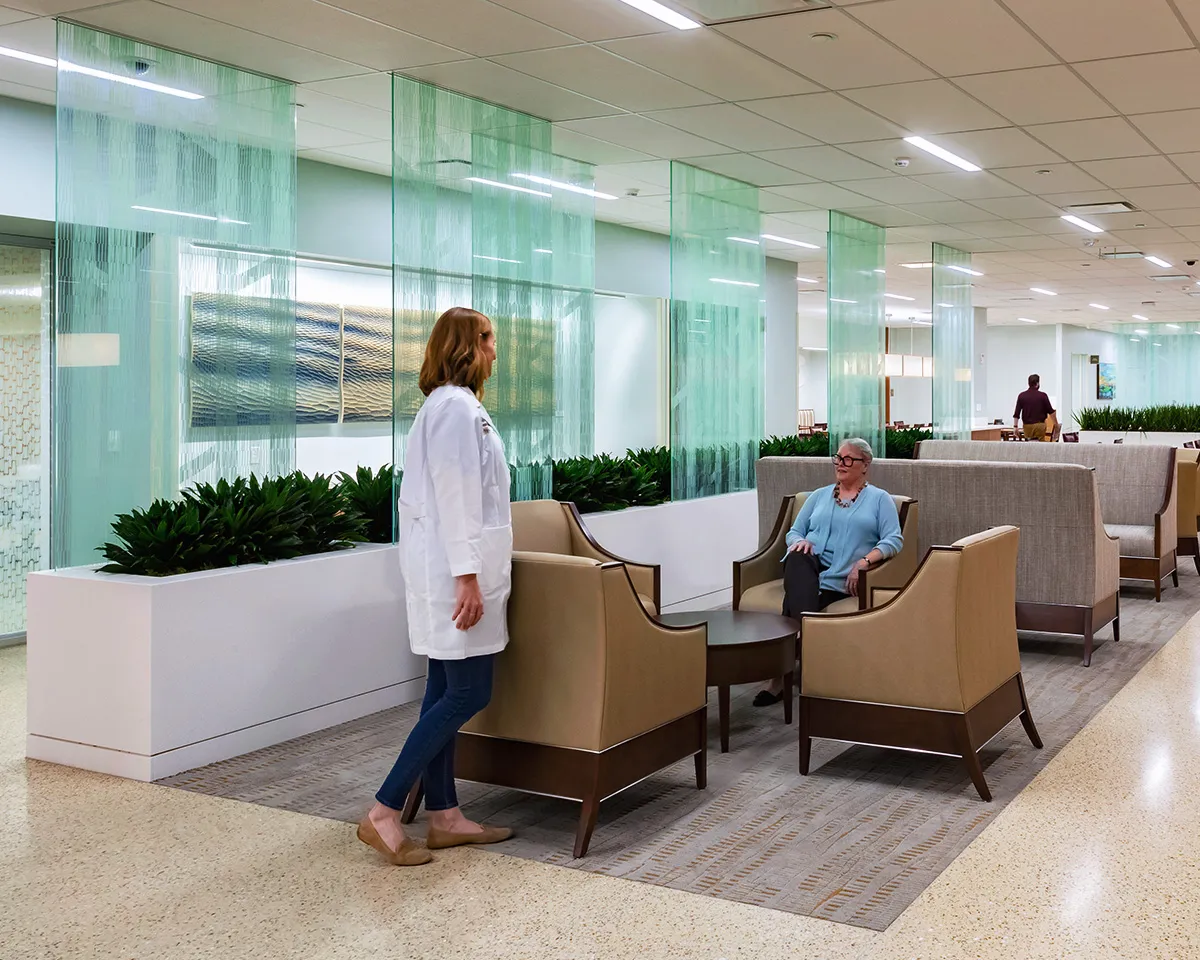 Barnes-Jewish West County Hospital
Barnes-Jewish West County Hospital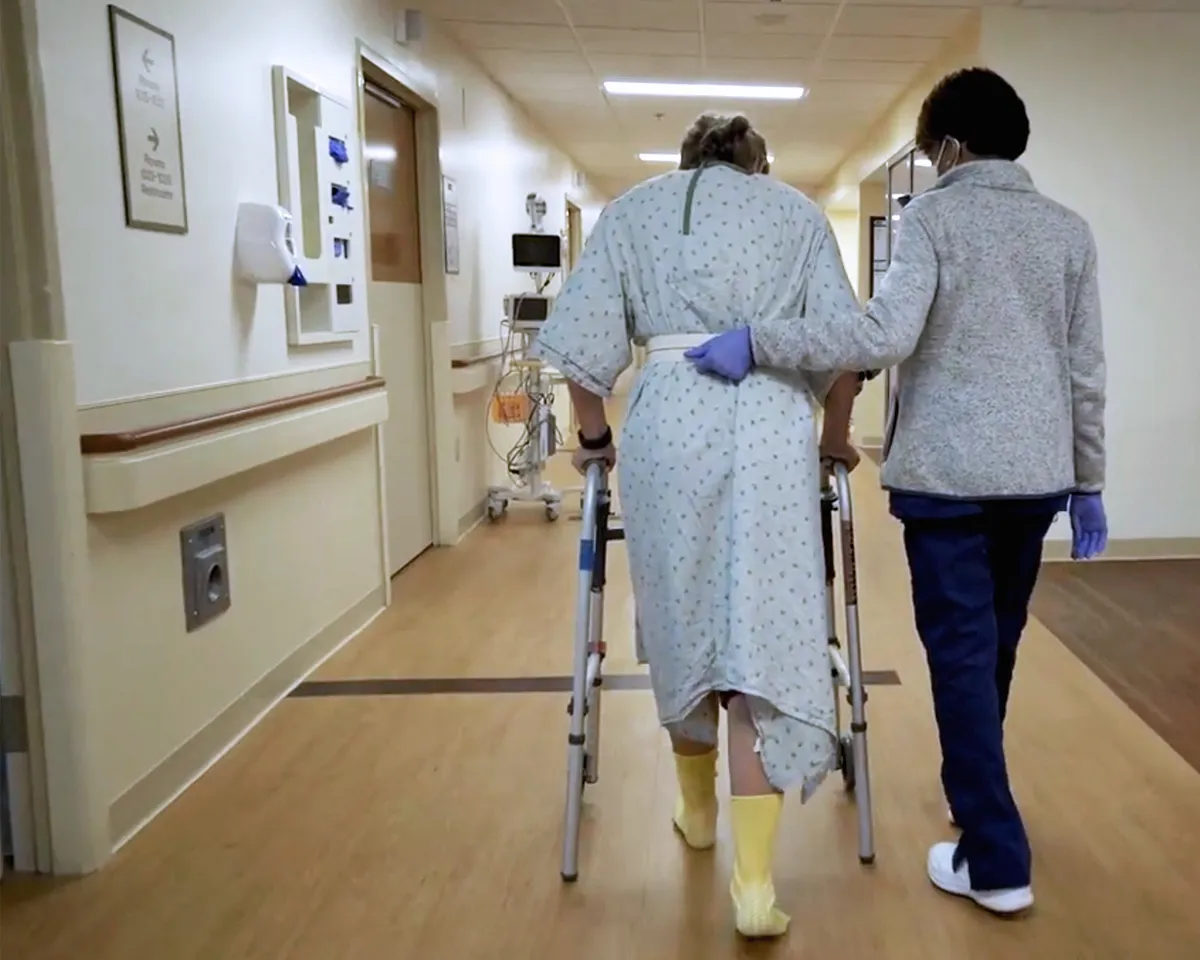 Christian Hospital
Christian Hospital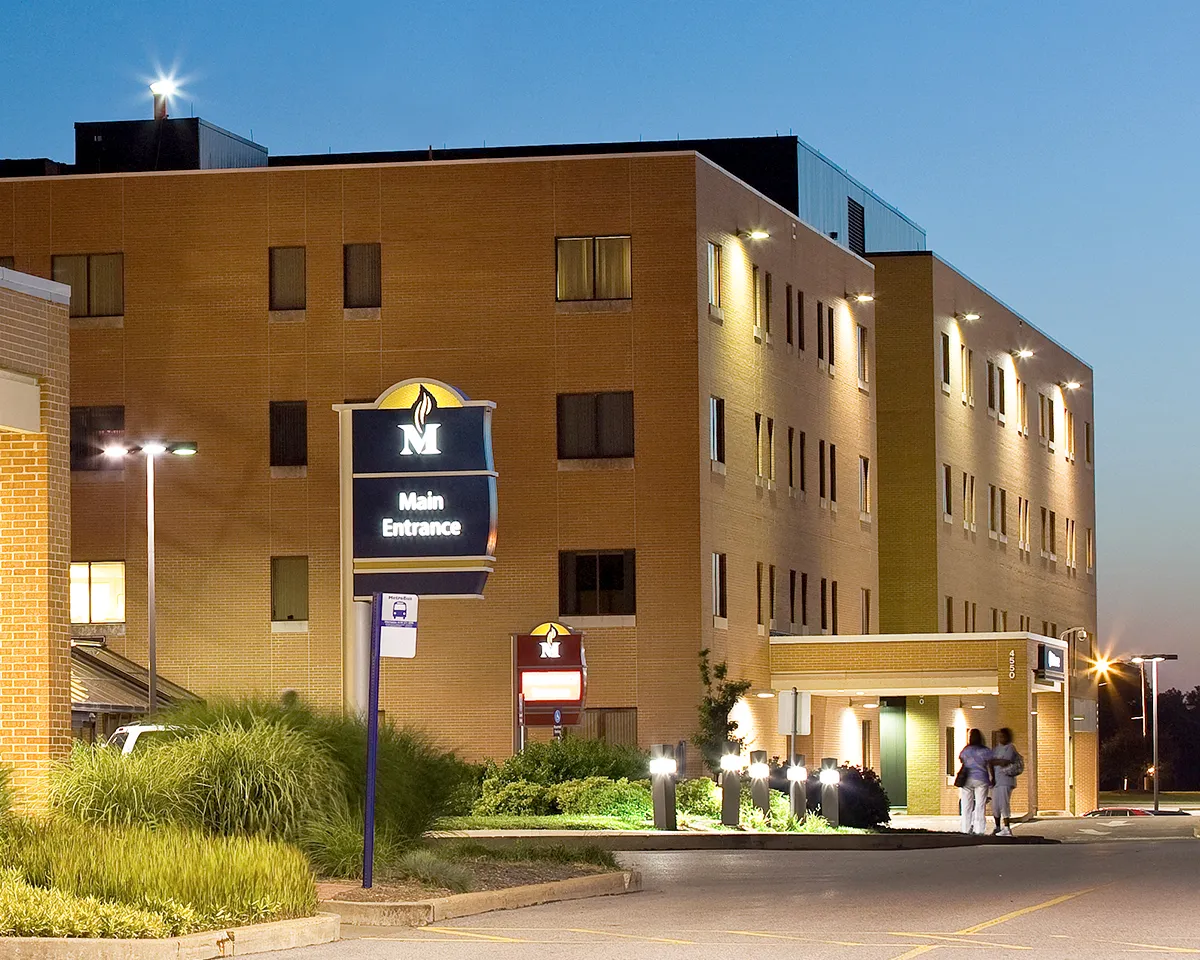 Memorial Hospital Belleville
Memorial Hospital Belleville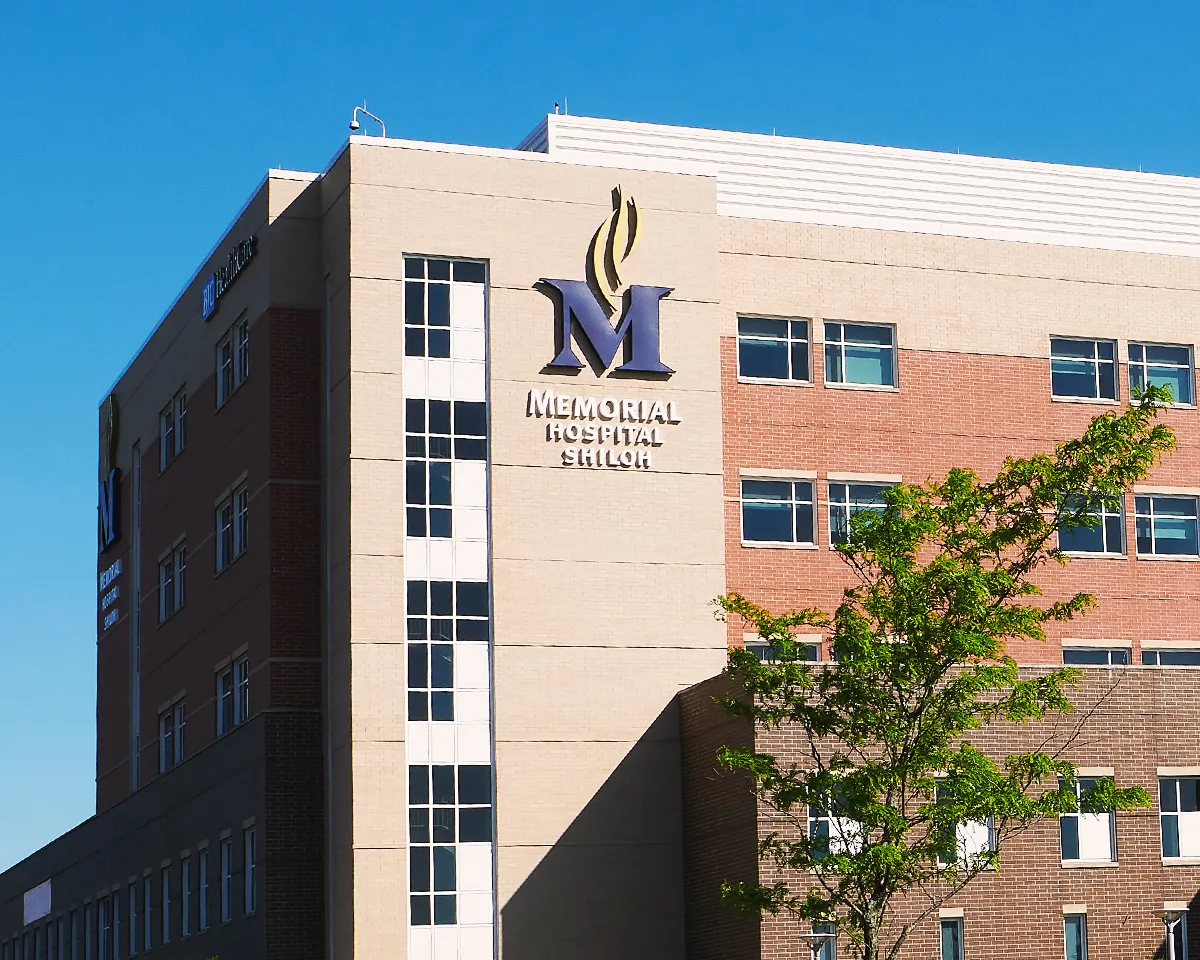 Memorial Hospital Shiloh
Memorial Hospital Shiloh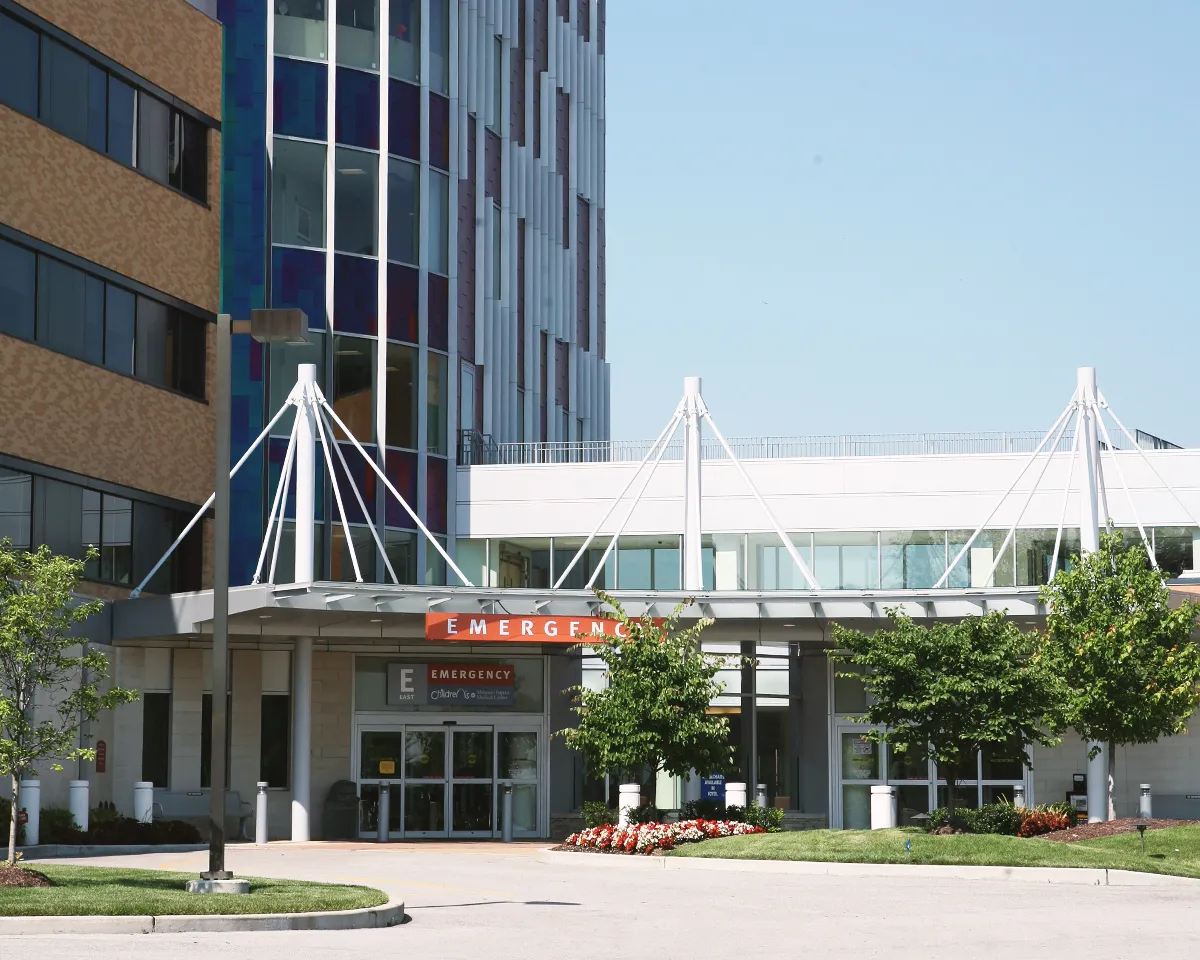 Missouri Baptist Medical Center
Missouri Baptist Medical Center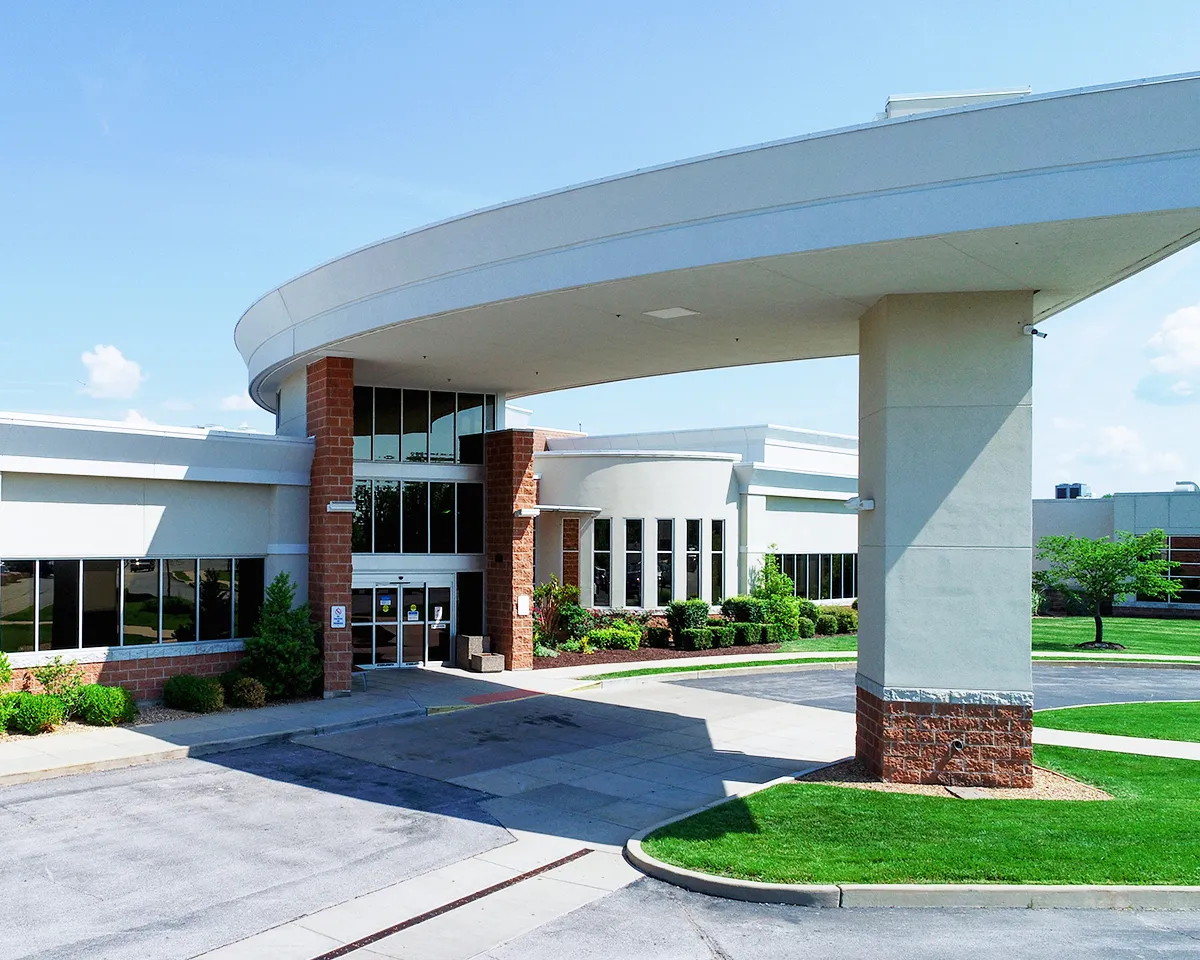 Missouri Baptist Sullivan Hospital
Missouri Baptist Sullivan Hospital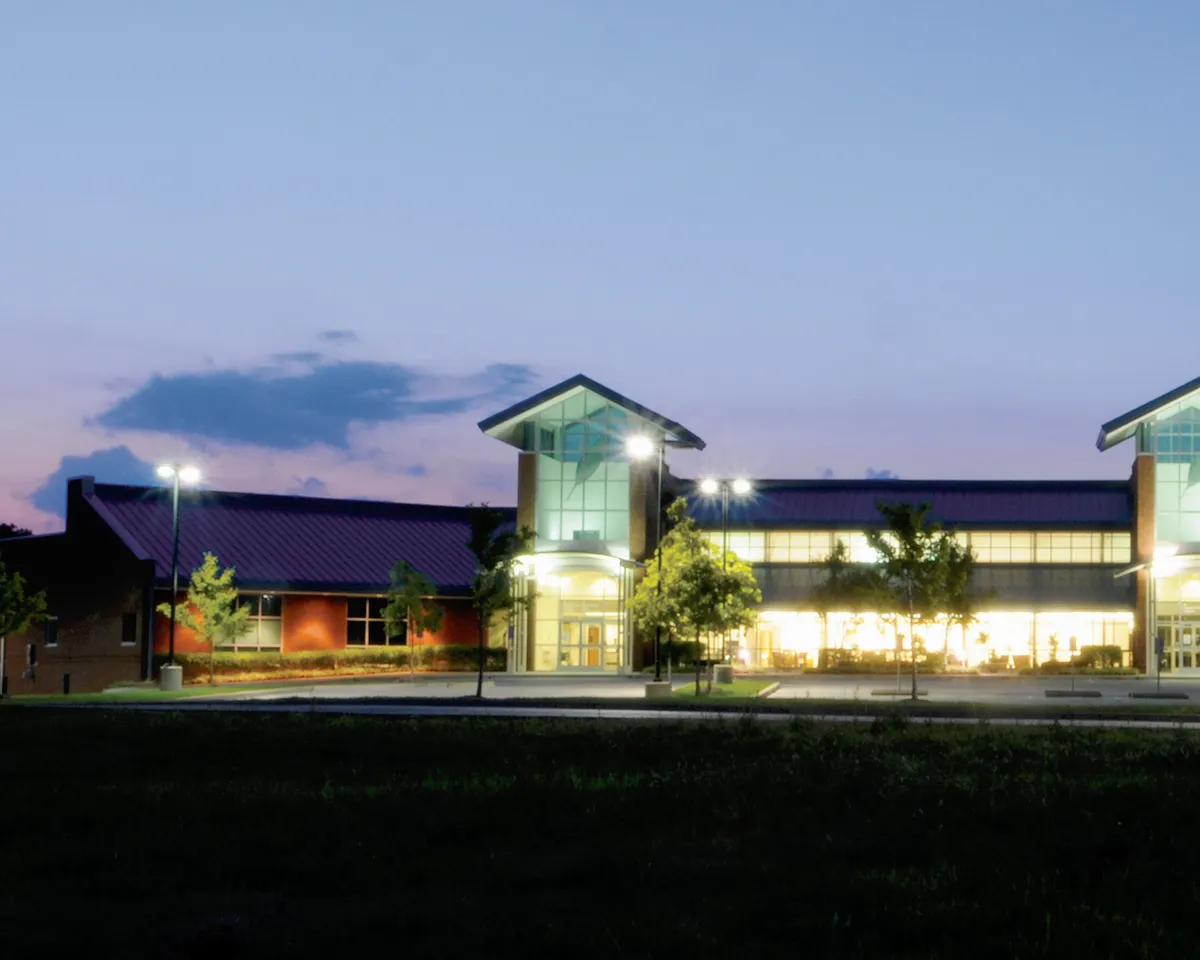 Northwest HealthCare
Northwest HealthCare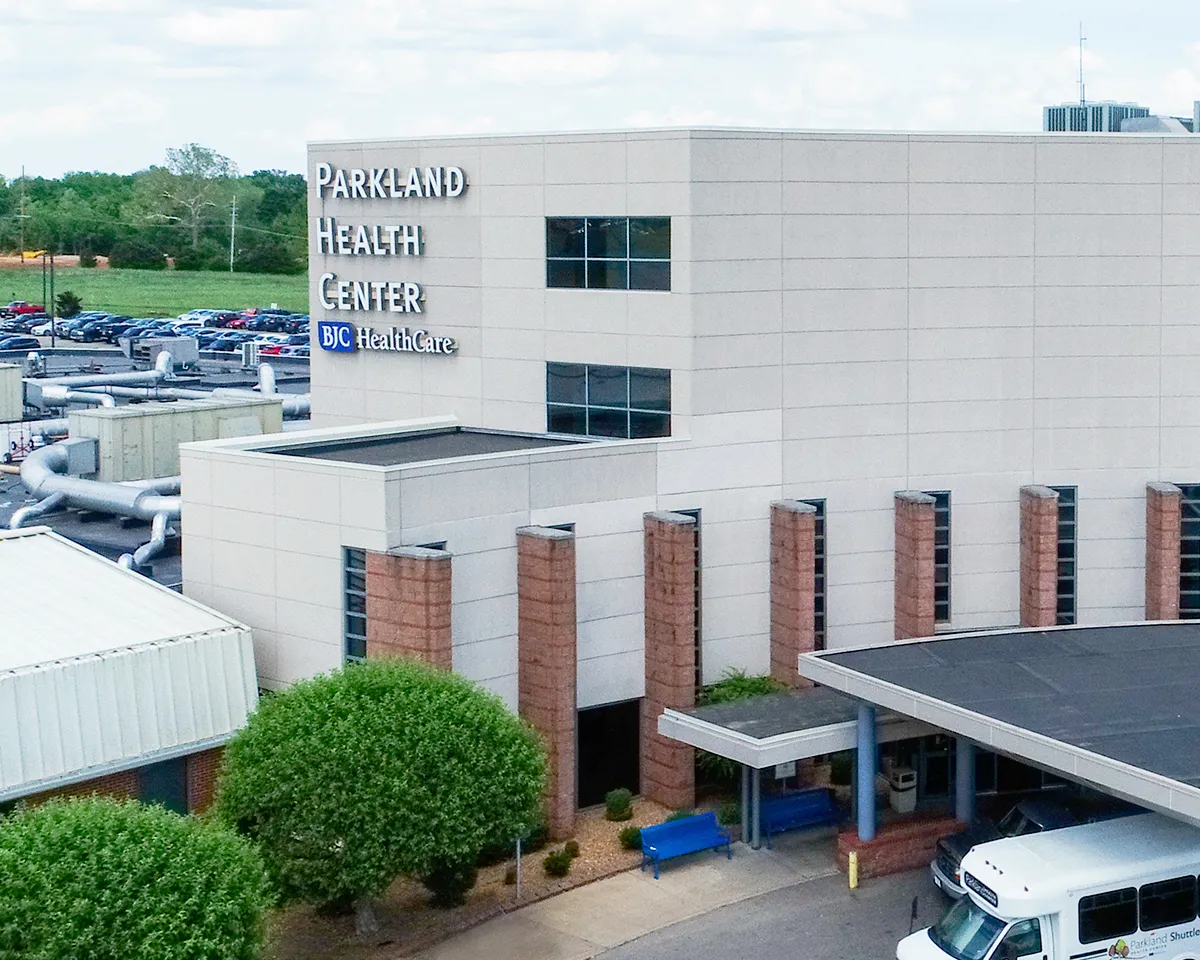 Parkland Health Center
Parkland Health Center
- Resource
Schedule your appointment
Call (314) 362-9355 or (800) 392-0936 to schedule an appointment.